There are several avenues one can take to become a CNC machinist. One has to have a wide skill set and a broad knowledge base in order to effectively and efficiently operate a CNC machine. Not only will the aspiring machinist need to know the basics of machining, he also needs to have proficiency in the use of computers. With experience in these areas, he can become a CNC machinist and make parts used in prototyping or in production. Whether he learns in school or on the job, he needs to be able to show his ability in a wide variety of areas.
Training Options to become a CNC Machinist
- Those interested in becoming CNC machinists, can enroll in applicable courses at a community college or trade school. The courses are usually held during evenings or weekends and are offered in format that is suitable for those entering at various levels of education. Machining basics will be covered, along with basic hands-on CNC experience. Professors are usually area machinists or mechanical engineers with years of real-world experience in the field.
- Online courses in CNC machining may be taken. These courses are perfect for people who are interested in learning the CNC machining basics, but do not have flexible schedules. Students may learn at their own pace through videos, text and audio lectures that cover the basics all through tougher concepts like 5 axis machining and live tooling for CNC lathes. These videos may be watched multiple times and the professors are usually available through e-mail.
- Apprenticeships may be sought in the local area. Many machine shops will train people as an apprentice where they will can learn about CNC from the machinists in the shop. Apprenticeship programs are entry-level and may pay a small hourly range, but it should grant the knowledge and experience necessary to become a CNC machinist. Apprenticeship usually last a set period of time and the shop may then offer a job after the successful completion of the program.
- Enroll in an internship at a machine shop while enrolled in other applicable courses. Internships will grant college credits, but will most likely not pay a salary of any kind. Some companies may cooperate with local universities and colleges to offer college credits that will allow the student to get hands-on experience on CNC machines under the tutelage of a trained machinist.
- Seek an entry level job at a CNC shop. Entry level jobs allow the person to work with the machinists while they learn about the machines and how they work. Being an entry level warehouse worker, they will require the help of the machinist to clean the machines and with the cutting of raw materials and the de-burring of the parts. Over time, they can train and move their up to an apprentice.
If you have questions about CNC machining or the jobs that may be available, contact our offices in San Jose and Santa Clara, CA and let us know how we can help you.
